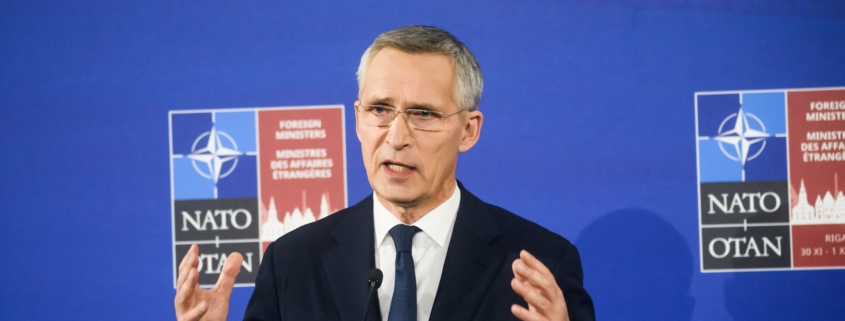How the Internet of Things poses threats to journalists
“And far away, as Frodo put on the Ring […] The Dark Lord was suddenly aware of him, and his Eye piercing all shadows looked across the plain to the door that he had made […] and all the devices of his enemies were at last laid bare.” – J.R.R. Tolkien, “The Return of the King“
“You hereby grant Ring and its licensees an unlimited, irrevocable, fee free and royalty-free, perpetual, worldwide right to use, distribute, store, delete, translate, copy, modify, display, and create derivative works from such Content that you share through Services.” – Amazon Ring, Terms of Service (as of Oct. 5, 2022)
There is plenty of research showing that many journalists have insufficient support, inadequate training and incalculable numbers of adversaries looking to cause digital harm. Most journalist cybersecurity guidance focuses on legacy devices — laptops, tablets and phones. While these threats are by no means over (spyware, for example, is still very much a concern), it is important to acknowledge and address the invasion of newer networked technologies all around us, such as Amazon Alexa devices and smart light bulbs.
In a previous article for The Journalist’s Resource, I wrote about the multiplying numbers of consumer Internet of Things (IoT) devices in private and public spaces and the threat that they pose to journalists’ security. This article further categorizes threats to journalists from the IoT, pairing example threat-types in each category with descriptions of potential consequences. The information presented here is based on a forthcoming paper in Springer’s Proceedings of the International Conference on Cybersecurity, Situational Awareness and Social Media. Rather than providing an exhaustive or overly-technical list of potential threats, this system represents an initial step toward illustrating new and upcoming threats. It is designed to appeal to a narrative-driven audience, such as the media, to help them navigate the uncertainty that shrouds IoT threats, such as surveillance.
My goal is to give journalists ways to understand these threats, to easily communicate them to their…




